Thursday, May 9, 2024

The Latest @ USIP: NATO’s Strategic Adaptation to Russia’s Invasion of Ukraine
When Russia began its invasion of Ukraine, NATO was already in the early stages of drafting its 2022 Strategic Concept. The war quickly overshadowed other issues, and NATO quickly adapted its strategic vision to refocus on the alliance’s primary mission of deterrence and collective defense. Kurt Volker, former U.S. ambassador to NATO, discusses how solidarity with Ukraine has united NATO in a way that hasn’t been seen in a long time and examines the threat Russia’s expansionist mindset poses to NATO member states.
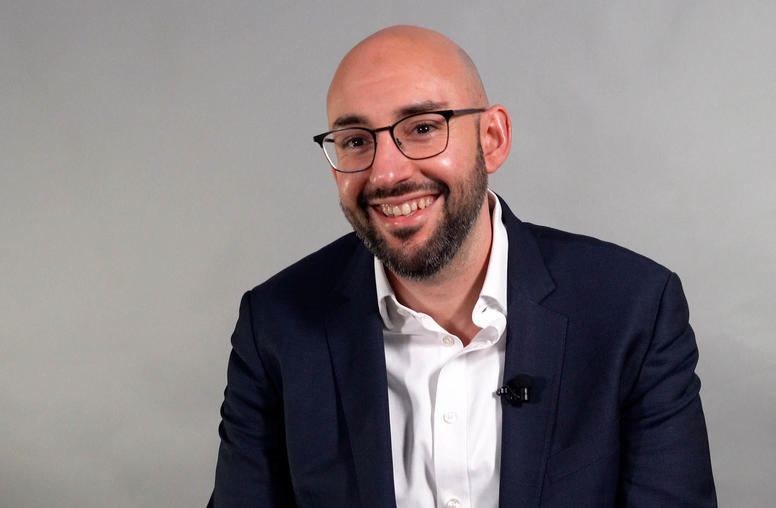
Ask the Experts: What Does Libya Need for Elections to Succeed?
Abdoulaye Bathily, the U.N. secretary-general’s special representative for Libya, recently announced his new plan for elections in Libya, which he hopes will take place later this year. But the plan itself was light on implementation, and after similar plans collapsed in 2021, the U.N. will need to learn from past shortcomings to ensure there is not only a solid basis for elections, but a strong foundation for what comes after as well.

The Latest @ USIP: How Illicit Traffickers Exploit China’s Belt and Road Initiative
Transnational organized crime is far more than a law enforcement issue, affecting everything from the environment to public health, education and conflict. Meanwhile, big infrastructure projects like China’s Belt and Road Initiative have the potential to widen the scale of the problem even further, as criminal enterprises can exploit the projects to create new trafficking routes and connect one vulnerable area to one another more readily. Mark Shaw, director of the Global Initiative Against Transnational Organized Crime, discusses how his organization’s research on the Belt and Road Initiative has improved our understanding of illicit trafficking and explores how U.S. security assistance can better help countries address the multi-faceted impacts of organized crime.
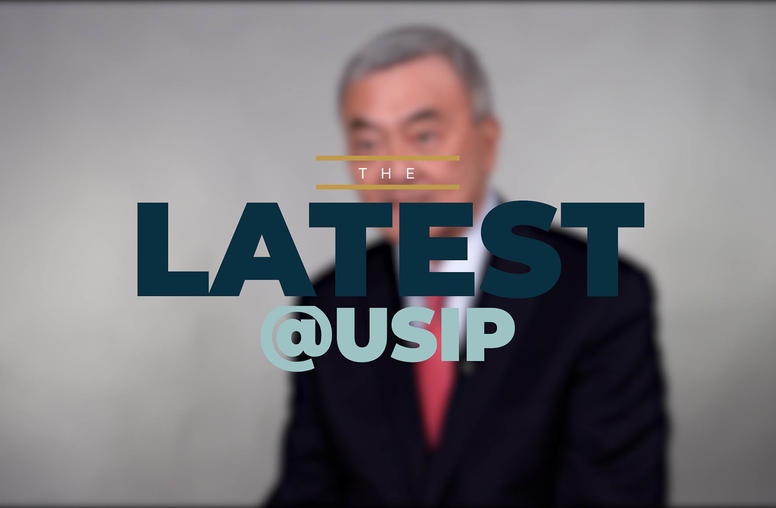
The Latest @ USIP: 20 Years of Counterterrorism in Iraq
Over the last 20 years, efforts to stabilize Iraq have been plagued by two powerful terrorist groups: al-Qaida in Iraq and then its progeny, the Islamic State (ISIS). While the country has fortunately managed to hold together in that time, there is still a long way to go toward security and stability in Iraq. Lt. Gen. Michael Nagata, the former director of strategy at the National Counterterrorism Center, discusses his time fighting extremist threats in Iraq, why the battle against ISIS is far from over and what the country needs to achieve peace.
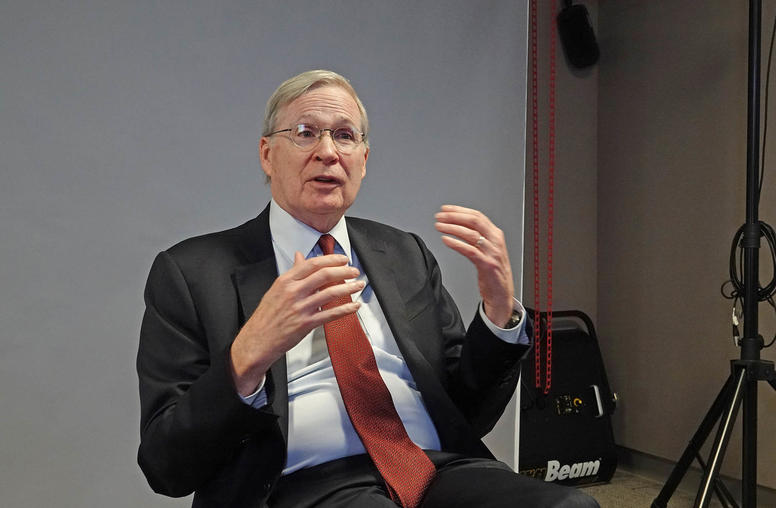
Stephen J. Hadley on the Invasion of Iraq 20 Years Later
Twenty years after the U.S. invasion of Iraq, the country’s path toward stability and democracy remains perilous. In the last two decades, Iraq has been plagued by insurgencies, the Islamic State, political gridlock, Iran’s meddling and economic crises, among other things. Despite this, Iraq has managed to hold together, and the country’s story is still unfolding. Stephen J. Hadley, former national security advisor under President George W. Bush and former chair of USIP’s Board of Directors, reflects on the invasion of Iraq two decades later.

Four Lessons From Desmond Tutu’s Life and Legacy
On December 26, the world lost a “moral compass,” Archbishop Desmond Tutu of South Africa, aged 90. Grounded in his Christian faith, his legacy as a peacebuilder through his anti-Apartheid activism and promotion of peace and justice is unparalleled. Tutu’s great influence on the field of peacebuilding, and his mark on peace and reconciliation efforts have rippled worldwide. Here are four attributes that Archbishop Tutu exemplified as a religious peacebuilder, radically inspiring people across the globe to fight injustice and advocate for peace.
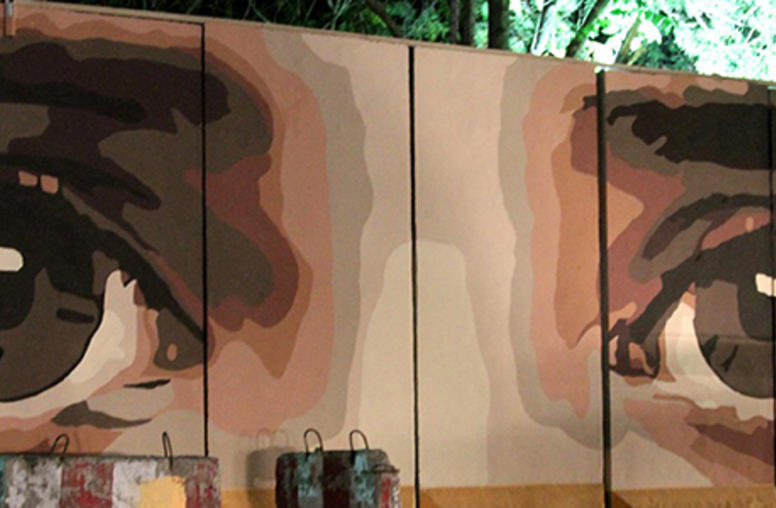
Deploying Art Against War
Artists and peace advocates are using public art to oppose violence, notably in Afghanistan, Pakistan and the Middle East. The results have varied, advocates say, but the art campaigns have worked to undermine extremists’ calls to violence, and helped communities heal the divisions of war. They have ignited public discussion of local conflicts and even triggered peacebuilding efforts. Art campaigners and peace advocates who have worked across the Middle East and South Asia discussed the uses—and the limits—of public art as a peacebuilding tool, in a recent forum at USIP.

In Pakistan, Women Combat Gender Violence through Art
In Pakistan, a series of vibrant murals has gone viral, inciting discussion, online and in city streets, about gender-based violence and discrimination. Young women artists changed the landscape of the country’s largest cities as they worked with communities to turn local people’s stories into art that claims public spaces for messages of tolerance and peace.
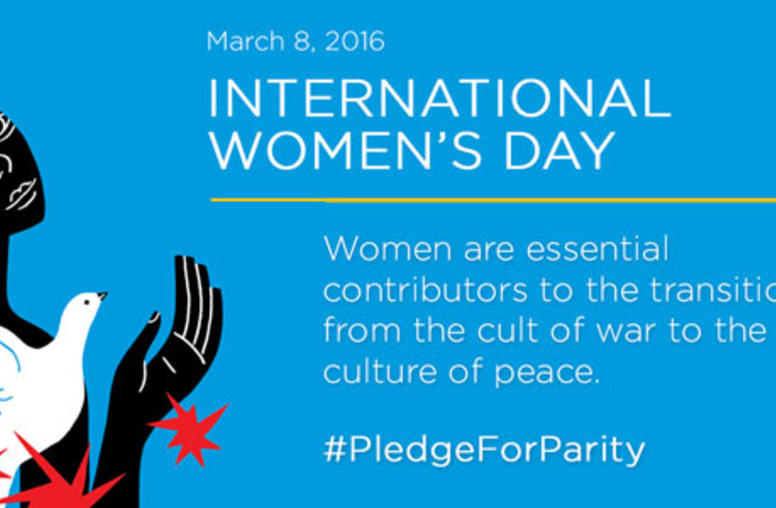
Women Charting a New Course on Peace and Security
The fact that Afghanistan’s parliament has 69 female members, 27 percent of the total, illustrates the advances, albeit still tenuous, that are possible with determined efforts to support the protection and empowerment of women. At the same time, women worldwide still suffer disproportionately from conflict and violent extremism. In the run-up to International Women’s Day on March 8, USIP has collected statistics and the observations of global leaders to illustrate hard-won achievements and the devastating gaps that remain.
Syria Dialogue Gets Results in Push for Local Peace
The crosscurrents of conflict lay just beneath the surface when 14 religious, tribal and civic leaders from the al-Qahtaniya area of northeastern Syria first met last summer, brought together by a USIP project to ease communal tensions. By the time they and others reconvened four months later, the diverse group had shepherded the return of 100 families and won the reopening of a road vital to reaching markets nearby. In one corner of northern Syria, the threat of violent local conflict had receded.
